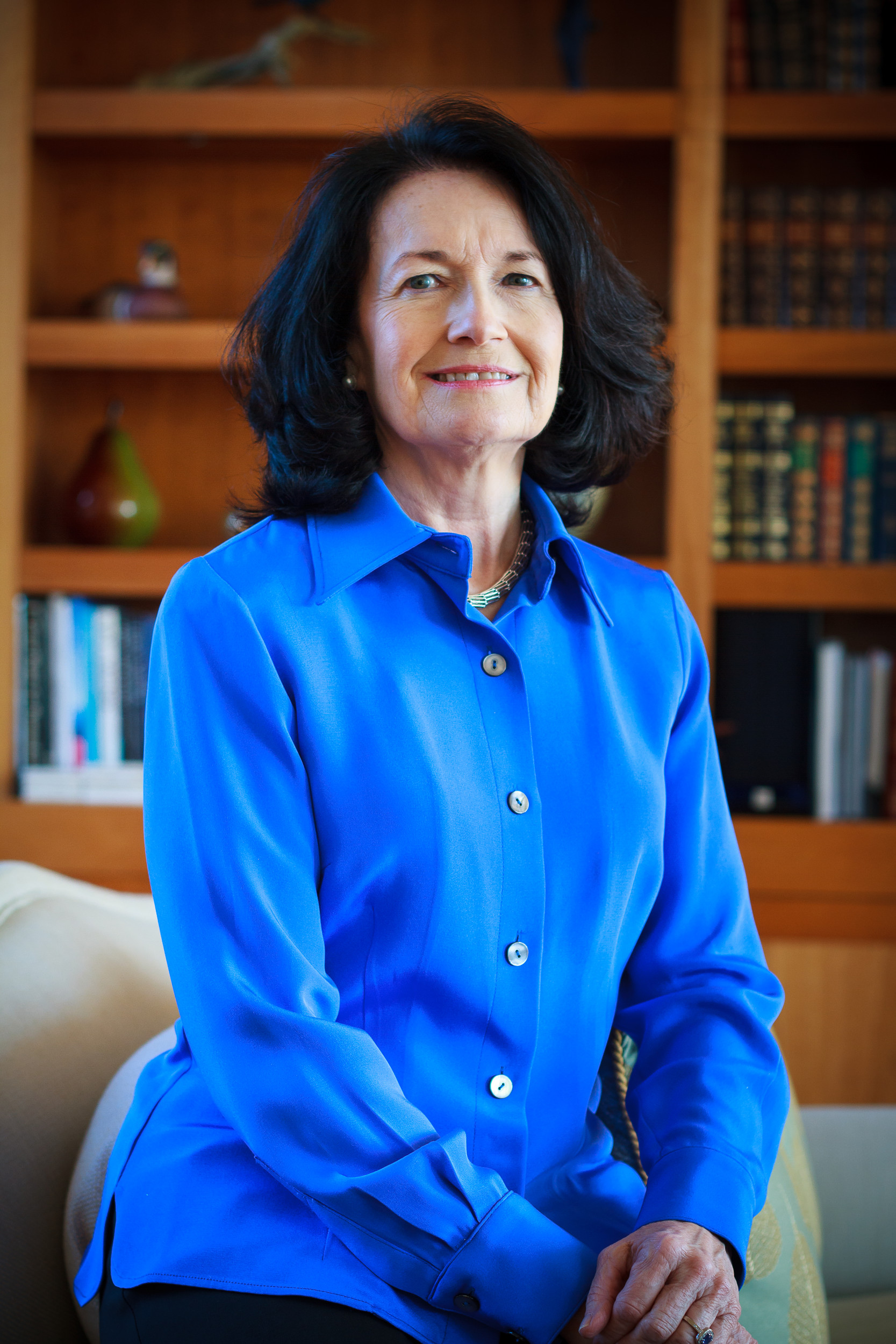
Author Pam Lenehan
Force 4 Photography
Nina Murphy
Pam Lenehan spent 21 years in investment banking and then worked on the corporate side, most recently as CFO of a high tech start up. She was of the first generation of women on Wall Street who stayed in the workforce after having their children long before policies for maternity leave existed, let alone before there was the term “work family balance.” Two years ago, a casual conversation Pam had with a friend resulted in her new book, My Mother, My Mentor: What Grown Children of Working Mothers Want You to Know.
Currently Pam sits on the boards of three publicly traded companies and since 2003 has been involved with the non-profit Center for Women & Enterprise (CWE), which has operations in Providence and four other New England locations. She was recently presented an award by State of Rhode Island General Treasurer Seth Magaziner at a CWE event recognizing her dedication and support of the 20-year-old organization.
Pam and her husband Larry Guess divide their lives between Needham, MA and their home in Bristol, which they built in 2005. Parents to a blended family of four grown children and five grandchildren, Pam savors time in the East Bay walking the couple’s dogs, kayaking and bicycling the bike path, which is how the family first discovered Bristol. To learn more about the book or to schedule Pam for a speaking engagement she can be contacted through her website www.mymothermymentor.com. The book is available locally at Paper, Packaging & Panache, 418 Hope Street, Bristol or from Amazon.
My friend Anne Szostak, another working mother in banking, and I kept hearing from our own daughters and other young women we mentor, “Will our children be okay?” We thought we had answered that question. There was not a lot of data on how the children of working mothers turn out. There are a lot of stories out there that mothers are telling but not a lot of grown children talking about the impact of their working mother on them.
We used two means to get the information. We interviewed 68 people, working mothers and grown children for the stories in the book but also used Survey Monkey to get the data from around the country for a geographical and economically diverse group of men and women ages 23-44.
Working mothers have a tremendous impact on their daughters. They also have a huge impact on their sons but statistically what stood out was the difference between daughters whose mothers worked and those whose mothers stayed at home. Daughters are proud of their working mothers who provided a strong work ethic, gave their daughters confidence in themselves and were tremendous role models.
Being a mother, whether you work or stay at home, is not easy. What the data shows is that the grown children of working and non-working mothers reported the same amount of issues, be it learning disabilities or bullying for example. Some working mothers think their children will be better off if they stay home. Data shows us this is not true. If you have a choice and want to work, don’t make that decision based on whether your children will be hurt by it.
I was the first woman where I worked to have a baby and come back to work. I had no one ahead of me to look up to, no role model; I loved what I did and the people I worked with. The women’s movement told us we could have it all, of course we didn’t know how complicated it was to have it all until you did it, and it was expensive even then to have only one person working. Women didn’t talk about children – didn’t have pictures of their children in their office. As I say in the book, we were each alone in our silos. Feminism didn’t extend to the workplace.
I’ve had lots of jobs and a great career but I always say my favorite job was being mother to my two children.
Comments
No comments on this item Please log in to comment by clicking here